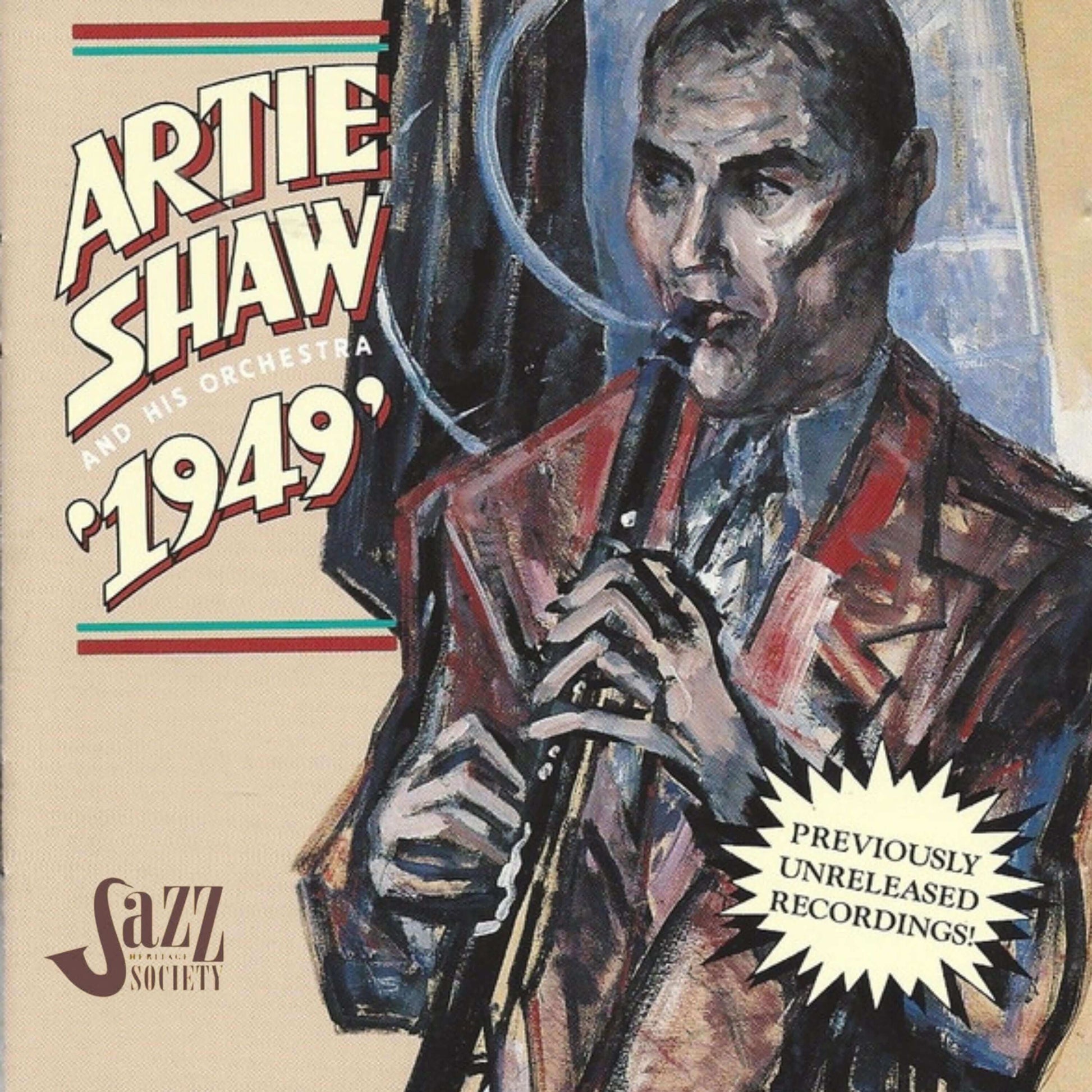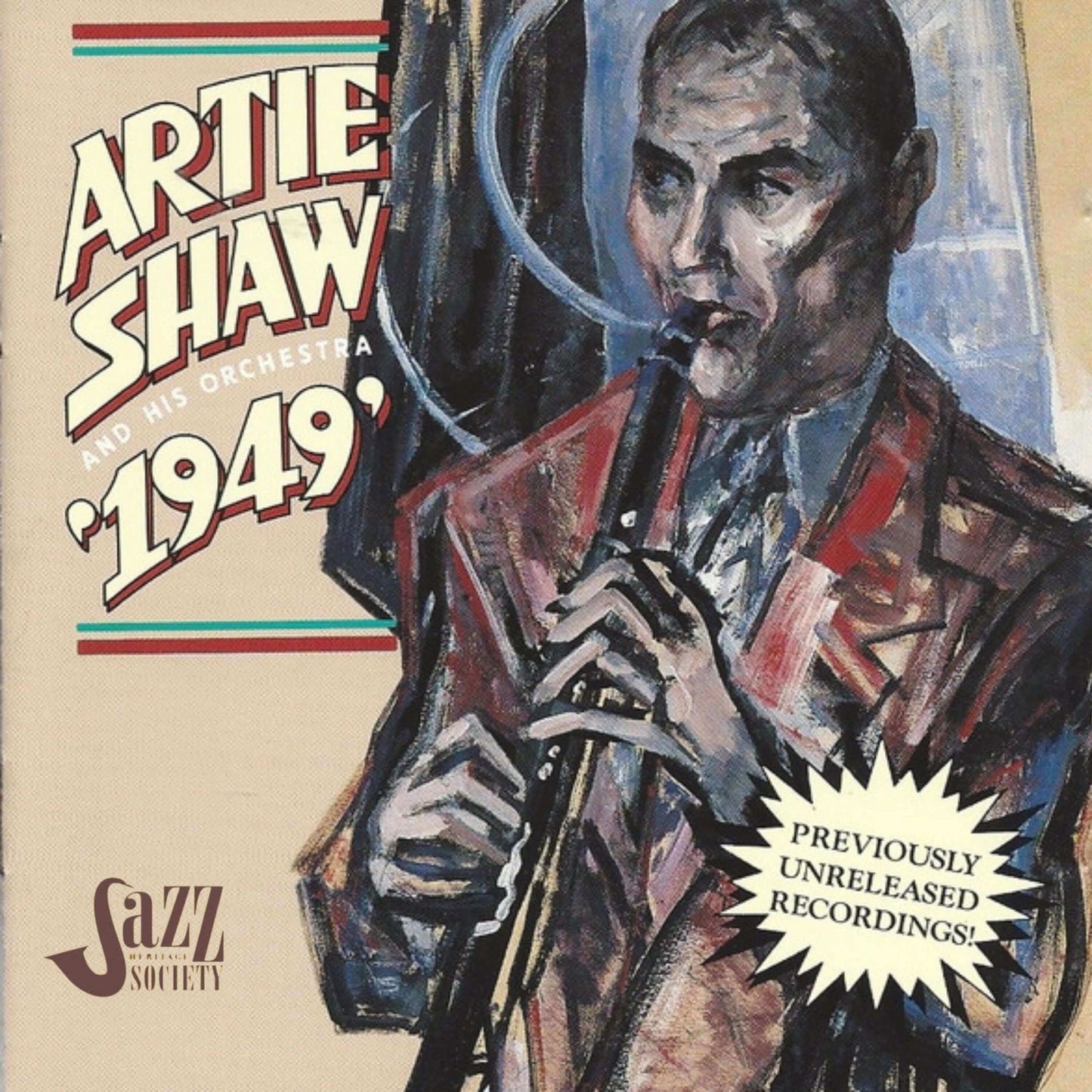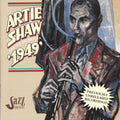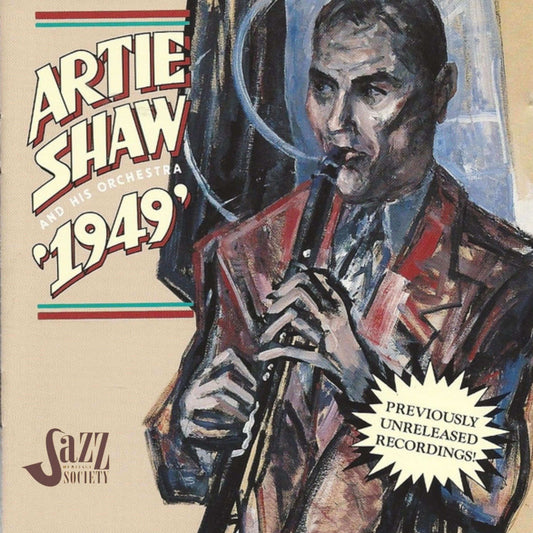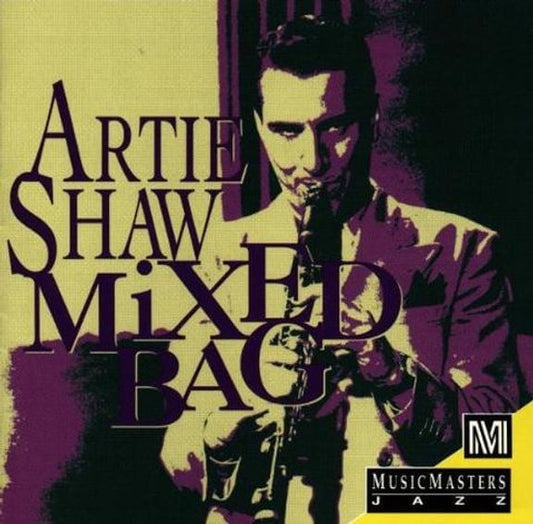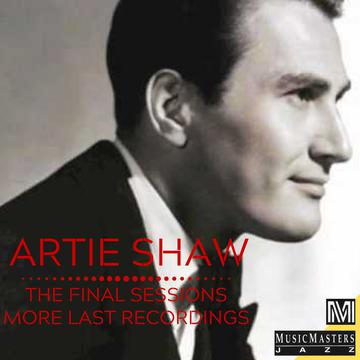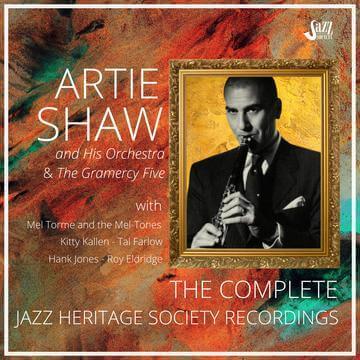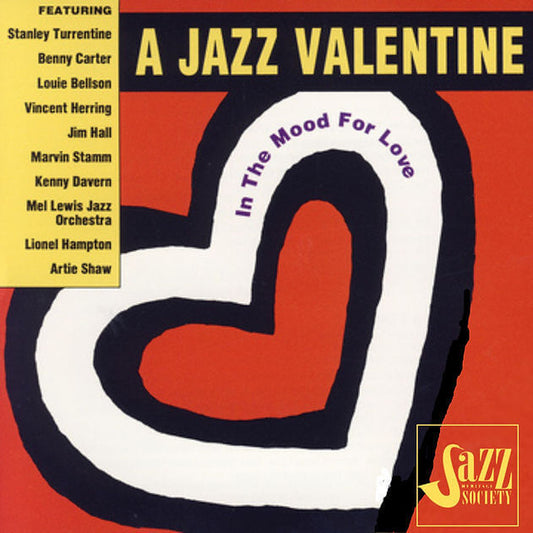In 1949 the swing era was already in the past and the public's enthusiasm for bebop was quickly receding. No matter, Artie Shaw decided that it was time to put together a modern big band. The venture only lasted three months, but the largely forgotten music that it performed was quite rewarding. This Jazz Heritage recording consists of private recordings of the barely documented orchestra, valuable performances that feature the always-modern clarinetist with an outfit that included trumpeter Don Fagerquist, a great saxophone section with the tenors of Al Cohn and Zoot Sims, and guitarist Jimmy Raney. It is a real pleasure to hear Artie Shaw stretching out in this setting, and a real pity that this band could not have lasted.

